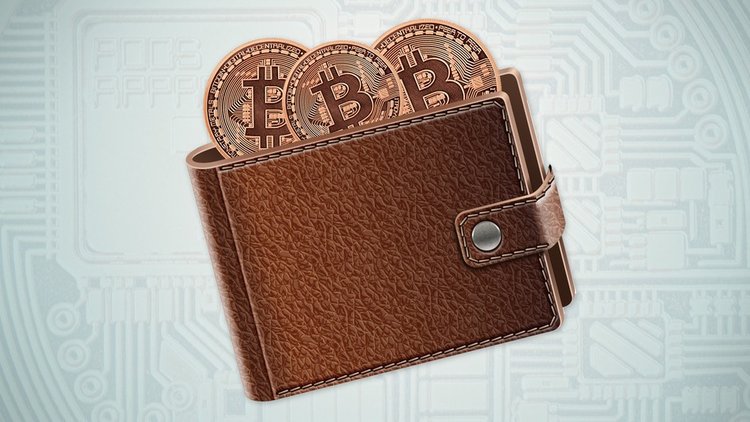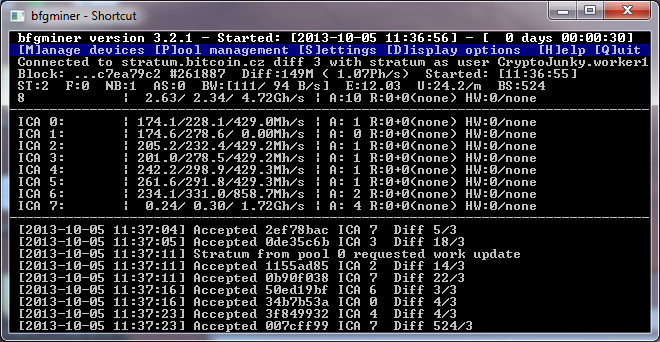So you’ve decided to start mining Bitcoin for profit. Great! But chances are you will face one serious problem: most sites on this topic are designed for advanced users. If you are not a professional coder and don’t have much experience with Ubuntu and Linux, this text will help you start with the very basics.
1. Buy a mining rig
Bitcoin (EXANTE: Bitcoin) mining is a very competitive activity. Every day more and more users with the newest mining equipment get into this niche, and it is becoming more and more difficult to keep the pace. So before you get started, you need to prepare well. It is necessary to make your own research and try to figure out whether Bitcoin mining will ever give you profit.
First, study the reviews for mining equipment to understand which miner is best for you. Keep in mind that the initial investment is likely to be at least $2000. Then try to figure out how long it will take you to cover your expenses. The easiest way to do this is to use a Bitcoin mining calculator. Just enter the specs of the bitcoin miner you are going to buy, and the app will determine the time frame. Think well whether it’s suitable for you.
Having done with the calculations, it's time to buy your mining rig. In the past, it was possible to mine bitcoins on any PC using a graphics card (GPU mining). However, today mining has become so competitive that you will want to use ASIC miners - special computers designed exclusively for mining Bitcoins. Today, the Antminer S9 is the newest and most advanced ASIC miner.
2. Choose a Bitcoin wallet
Now that you’ve got a miner, you will want to choose a Bitcoin wallet. It’s not a hard thing to do: just follow the recommendations on bitcoin.org. Once you have got a wallet, make sure you have a purse address. It is a long sequence of letters and numbers. The ways of obtaining the public (open) bitcoin address may vary for each wallet, but usually it’s not too hard, either. Note that you will need a public bitcoin address, not a private key, which serve as the password to your wallet.
If you’ve chosen a self-hosted wallet (i.e. you downloaded a program to your computer and do not use an online service), you need to do another very important thing: сopy the wallet.dat file onto the USB flash drive, and print a copy of it. If someday your computer breaks and you do not have a copy of the wallet.dat file, you will lose all your bitcoins.
3. Join a mining pool
Okay, you probably can’t wait to start mining, but if you really want to make money on it, you'd better join a mining pool. A mining pool is a group of Bitcoin miners who combine their computing power to produce more Bitcoins. The thing is, the reward for mining (i.e. Bitcoins) comes out in blocks; a block usually equals 12.5 bitcoins, and a single user must be very, very lucky to get this money, so it's almost impossible.
Once you have joined a pool you will need to rut smaller and less difficult algorithms, and thanks to collective efforts, you, and your team, will have more chances to solve a large algorithm and earn Bitcoins that will be distributed among the pool members in proportion to their contribution. As a result, you will be able to earn more bitcoins, and your investments will be more likely to make a profit.
When choosing a mining pool, ask yourself the following questions:
- What is the fees for mining and withdrawal of Bitcoins?
- How often do they find a block (that is, how often will you get a reward)?
- Is it easy to withdraw funds?
- What statistics do they provide?
- How reliable is this pool?
There is a detailed comparison of mining pools in Bitcoin Wiki.
4. Choose your mining software
Now you are almost ready to start mining Bitcoins. All you need to do is to install a mining client on your computer to control your mining rig. Different miners require different software. Many pools, such as Bitminer, offer their own software, but some do not. You can find a list of Bitcoin mining software here. If you work on a Mac, try to use the MacMiner. The most popular programs for PC are BFGMiner and 50Miner.
5. Start mining
Now you are ready to go! Turn on your miner. Make sure it’s connected to your computer (usually via USB), and launch your mining software. When it opens, choose your mining pool and enter your username and password. Once you hit “Enter” you’ll basically start mining. Depending on the pool you’ve chosen, your will be rewarded for your share of coins. Just make sure that you have correctly entered the address of your wallet when signing up to the pool.



